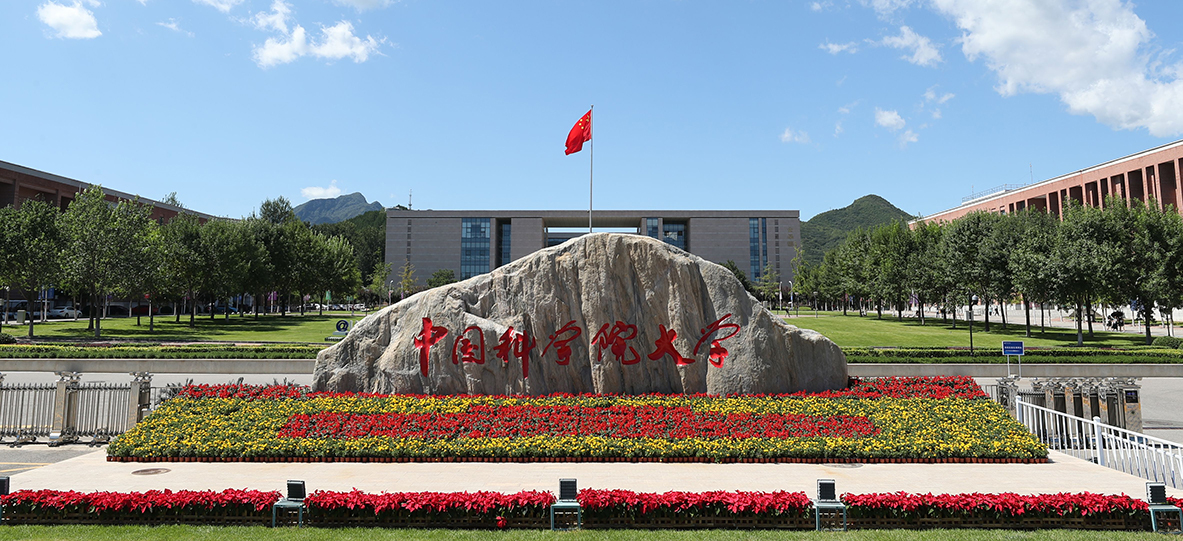Speaker
Description
Polarized quarks and antiquarks in high-energy heavy-ion collisions can lead to the spin alignment of vector mesons formed by quark coalescence. Using the relativistic spin Boltzmann equation for vector mesons derived from Kadanoff-Baym equations with an effective quark-meson model for strong interaction and quark coalescence model for hadronizaton, we calculate the spin density matrix element $\rho_{00}$ for $\phi$ mesons and show that anisotropies of local field correlations with respect to the spin quantization direction lead to $\phi$ meson’s spin alignment. We propose that the local correlation or fluctuation of $\phi$ fields is the dominant mechanism for the observed the $\phi$ meson’s spin alignment and its strength can be extracted from experimental data as functions of collision energies. The calculated transverse momentum dependence of $\rho_{00}$ agrees with STAR’s data. We further predict the azimuthal angle dependence of $\rho_{00}$ which can be tested in future experiments.

